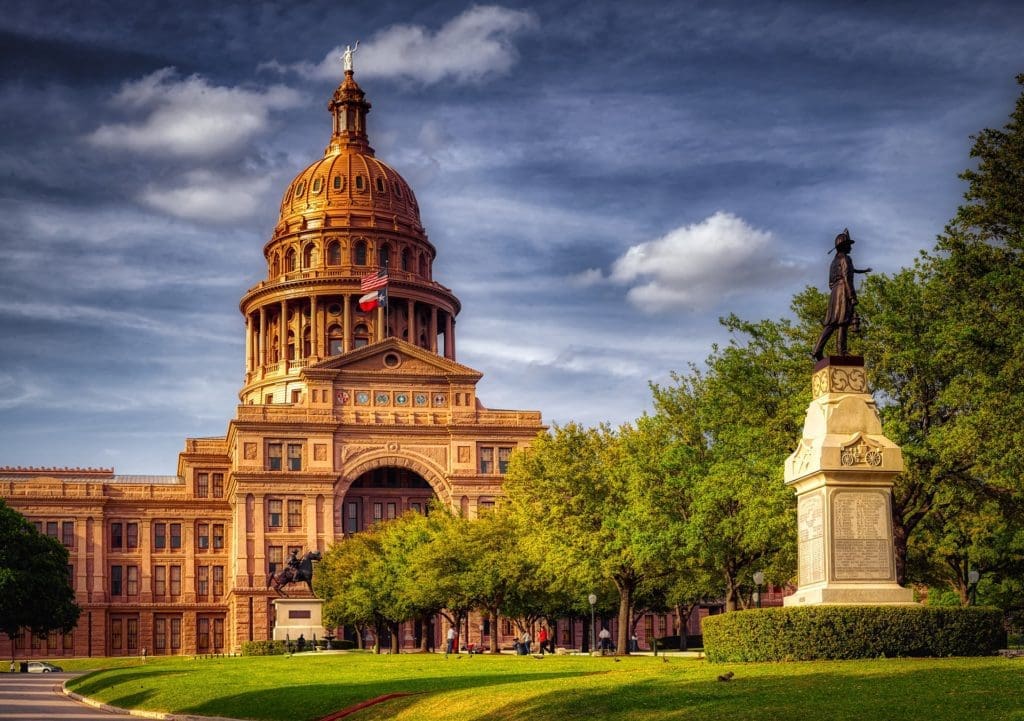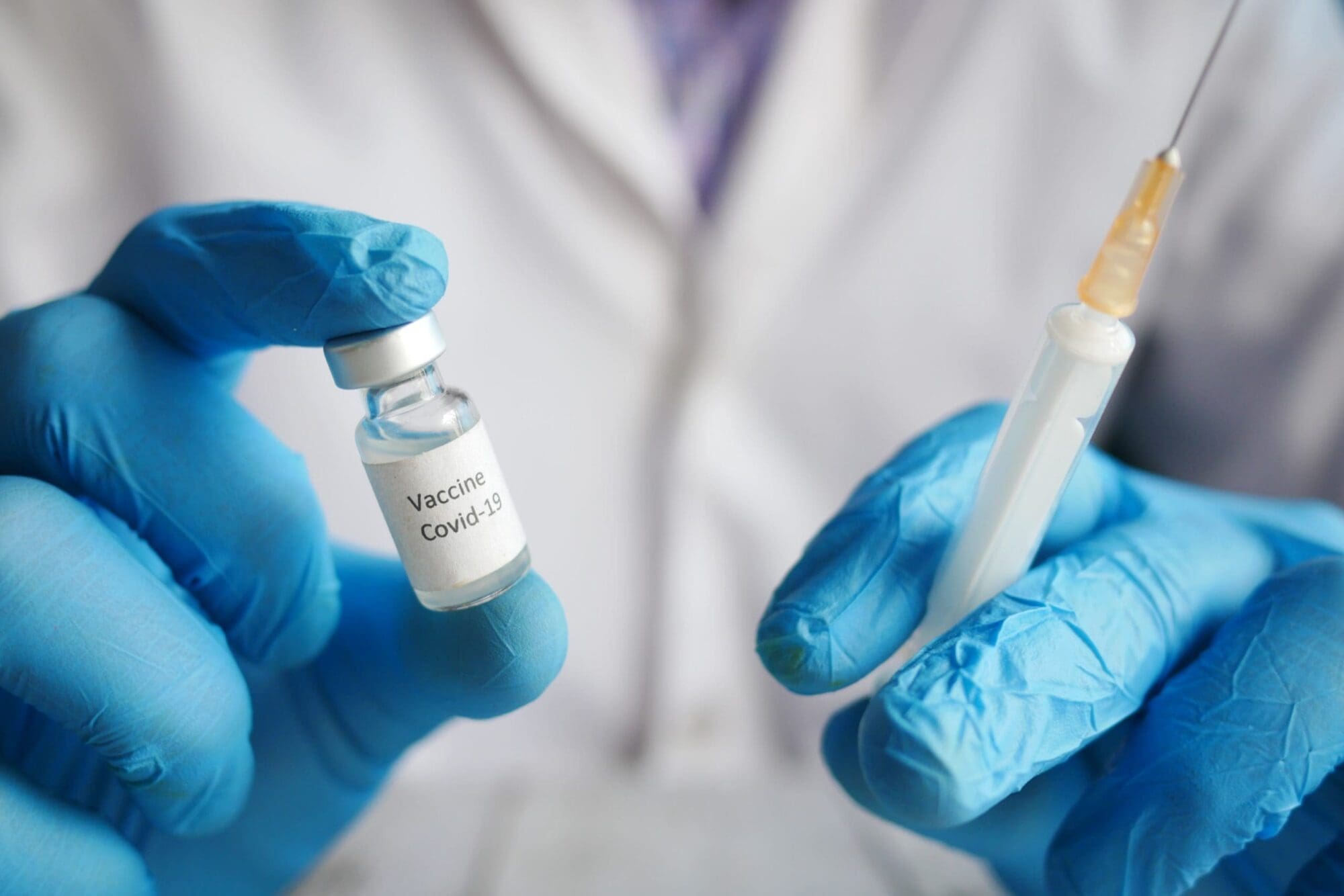Early Tuesday morning, the third special legislative session concluded as the Legislature adjourned sine die.
Of the 10 total items on the agenda prescribed by Texas Gov. Greg Abbott, only six made it across the legislative finish line.
Though the prospects for an additional special legislative session look increasingly less likely as lawmakers pivot to the impending 2022 election cycle, pressure is beginning to build for lawmakers to address unfinished business.
The question on many Texas voters’ minds is whether those same lawmakers and Abbott himself can afford to ignore issues that were left on the table.
Third Special Legislative Session Agenda Items
The 10 items Abbott included on the special session agenda were redistricting—specifically, the proposed district boundaries for 31 state Senate districts, 150 state House districts, 15 State Board of Education districts, and 38 U.S. congressional districts. It also included the allocation of federal COVID-19 relief appropriations, youth sports, whether state and local governments can mandate COVID-19 vaccinations and what exemptions should apply, regulations on the restraint of dogs, property tax relief, a proposed constitutional amendment on bail reform, re-increasing the penalty for illegal voting, a prohibition on employer COVID-19 vaccination mandates, and improvements to higher education.
Can Government Mandate Vaccines, and Should Exemptions Exist?
At the outset of the recently concluded special legislative session, Abbott added the consideration of “legislation regarding whether any state or local government entities in Texas can mandate that an individual receive a COVID-19 vaccine and, if so, what exemptions should apply to such a mandate.”
While more than 20 different pieces of legislation were filed to address that issue, none moved through the legislative process, let alone got referred to any committee in the Legislature.
As the federal government began to ramp up pressure on mandates that applied to private employers and contractors, the issue reached a fever pitch. Republican activists and lawmakers took to holding a press conference in early October to implore Abbott to act on the issue of employer vaccine mandates. The Republican Party of Texas followed suit by penning an open letter to Abbott, asking him to support medical freedom and personal responsibility.
According to the Republican Party of Texas Platform:
Plank 250. Healthcare Decisions (d): Government has no right to mandate specific medical procedures or methods of healthcare.
Plank 250. Healthcare Decisions (g): We reject any government-mandated treatment, vaccination, or use of controlled substances of any kind.
Plank 250. Healthcare Decisions (h): We call for an addition to the Texas Bill of Rights that explicitly recognizes the natural right to refuse vaccination or medical treatment and the right for such choices to not be a condition of the provision of government services.
Plank 271. Conscience Clause: All persons and legal entities have the right of conscience and should be protected under Texas law if they conscientiously object to participate in practices that conflict with their moral or religious beliefs. This includes, but is not limited to, abortion, the prescription for and dispensing of drugs with abortifacient potential, human cloning, embryonic stem cell research, eugenic screenings, genetic engineering, euthanasia, assisted suicide, harmful futile procedures, vaccines, and the withdrawal of nutrition and hydration.
Late Addition of a Prohibition of Employer Vaccine Mandates
A few days after pressure was applied, Abbott added the issue of prohibiting employer vaccine mandates to the ongoing special session agenda. Running parallel to this announcement, he also issued an executive order that said:
No entity in Texas can compel receipt of a COVID-19 vaccine by any individual, including an employee or a consumer, who objects to such vaccination for any reason of personal conscience, based on a religious belief, or for medical reasons, including prior recovery from COVID-19.
Though there was already legislation filed to that effect, both legislative chambers saw new bills filed to address the issue in different ways.
Republican State Rep. Tom Oliverson (Cypress) filed House Bill 155, which provided for all of the exemptions from COVID-19 vaccination requirements, including acquired immunity, a medical condition, and reasons of conscience. Though the legislation was heard in the House State Affairs Committee on October 13, it was left pending and never voted on.
Similarly, Republican State Sen. Bryan Hughes (Mineola) filed Senate Bill 51, which prohibited discrimination against an individual who chooses to not receive the COVID-19 vaccination both from governmental entities and employers, as well as a process to receive an exemption. The legislation passed out of the Senate State Affairs Committee on October 14 but was never considered by the overall Senate.
A prominent lobbying organization, Texans for Lawsuit Reform, publicly came out in opposition to the legislation, likely contributing to the halt in its continued consideration.
As such, the issue was ultimately not addressed by the Legislature, and only the operation of Abbott’s executive order is guiding the issue as it continues to play out. Across the state, there is an increasing number of examples of Texans having to choose between continued employment or foregoing the vaccine.
Restoring the Penalty for Illegal Voting
Shortly after the third special session began, conservative grassroots activists highlighted an amendment that was accepted onto the election integrity legislation that passed in the second special legislative session. The amendment lowered the penalty for illegal voting offenses from second-degree felonies to Class A misdemeanors.
A short time thereafter, Abbott added the issue to the already ongoing special legislative session, calling for the Legislature to consider “legislation increasing penalties for illegal voting that were reduced in Senate Bill 1, that passed in the 87th Legislature, Second Called Session.”
Lt. Gov. Dan Patrick was quick to endorse the addition; however, House Speaker Dade Phelan took to Twitter to indicate that he did not intend to “re-litigate” the issue. As such, the Senate quickly considered and approved Senate Bill 10, authored by State Sen. Bryan Hughes (R–Mineola), which passed on October 5. The House referred the bill to the Select Committee on Constitutional Rights and Remedies on October 6, but it was never granted a hearing and was never considered.
Notably, two slightly different versions of the legislation were filed in the House. Republican State Rep. Mayes Middleton (Galveston) filed House Bill 136, and Republican State Rep. Cole Hefner (Mt. Pleasant) filed House Bill 138. Both were referred to the aforementioned House committee but were never granted hearings.
Though the No. 1 legislative priority of the Republican Party of Texas was passed in the second special legislative session, it did so with lessened penalties for the very thing they were trying to fix, and the Legislature concluded the third special legislative session without fixing the issue.
Constitutional Amendment Related to Bail Reform
During the 87th regular legislative session earlier this year, Abbott named the issue of bail reform as an emergency legislative priority. Ultimately, the effort was to expand the list of reasons by which a defendant could be denied bail. The issue had its legislative prospects cut short at the end of May by the first quorum break, precluding the House of Representatives from conducting any further legislative business.
Abbott then added the issue to every subsequent special legislative session. Due to yet another quorum break, the issue was again unable to be considered in the House during the first special legislative session. In the second special legislative session, the enabling legislation passed, but the proposed constitutional amendment failed to get the two-thirds support needed in the House. When the same proposed constitutional amendment was offered in the most recently concluded special legislative session, it failed to get enough support in the House.
Critics of the legislation believe it would have been too broad of an expansion of the circumstances by which bail could be denied. They indicate that defendants are presumed innocent and detaining them pre-trial inverts that presumption. They believe that judges and magistrates have tools they are allowed to use under current law to monitor defendants accused of serious crimes; these tools include electronic monitoring, house arrest, curfews, and drug and alcohol testing.
Property Tax “Relief”
Though legislation was ultimately passed to provide purported property tax relief, it is a far cry from what Texans demand lawmakers give them to help lessen the ever-increasing burden on those who acquire property.
The issue of providing property tax relief was not originally on the agenda for the third special legislative session. Both lawmakers and Abbott lauded efforts made in the second special legislative session just days before the third special legislative session began, even though it only provided relief for select classes of property owners.
Leading up to the recently concluded special session, both Patrick and Phelan expressed support for efforts that would use additional state revenue to “buy down” the school maintenance and operations portion of the property tax formula, thus providing relief that could be felt by taxpayers.
Negotiations broke down in the waning days of the recently concluded special session when the House passed an amended version of the legislation that previously passed the Senate, changing it to a one-time property tax rebate gimmick.
This prompted the Texas Public Policy Foundation (TPPF) to publicly admonish the efforts and remind lawmakers that Texans want—and deserve—immediate relief.
In the final hours of the session, the Legislature instead considered legislation that provides about $176 of property tax relief to Texas property taxpayers going forward, in the form of increasing the amount of the homestead exemption from $25,000 to $40,000.
For property tax burdens that have increased year after year, this is ultimately a far cry from what is needed for the Texas property taxpayer to actually feel relief.
According to the Republican Party of Texas platform:
Plank 178. Abolish Property Tax: We support replacing the property tax system with an alternative other than the income tax and requiring voter approval to increase the overall tax burden. We urge the Legislature to develop a transition plan that is a net tax cut.
Plank 183. School Maintenance and Operation Property Tax: We call upon the Texas Legislature to use surplus revenue to buy down the school maintenance and operation property tax rate as a prelude to replacing it with a broader-based consumption tax.
What is Next?
Though the next regular legislative session is scheduled to convene in January of 2023, pressure is beginning to mount for Abbott to call a fourth special session. Special sessions can only be called by the governor and can last up to 30 days at a time.





